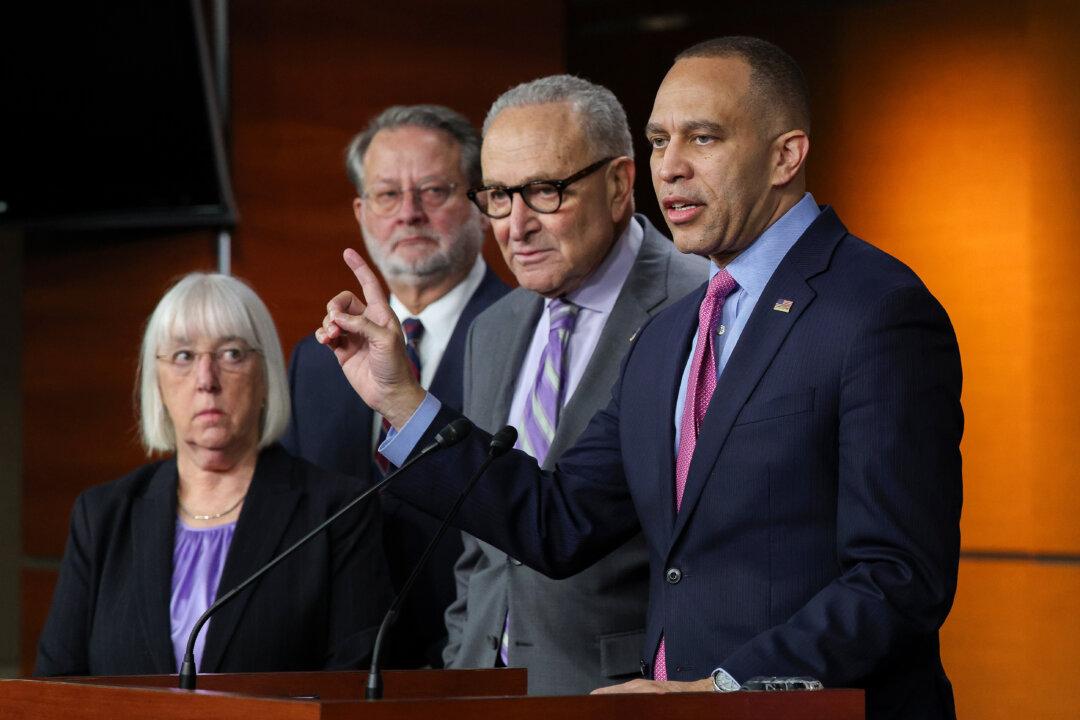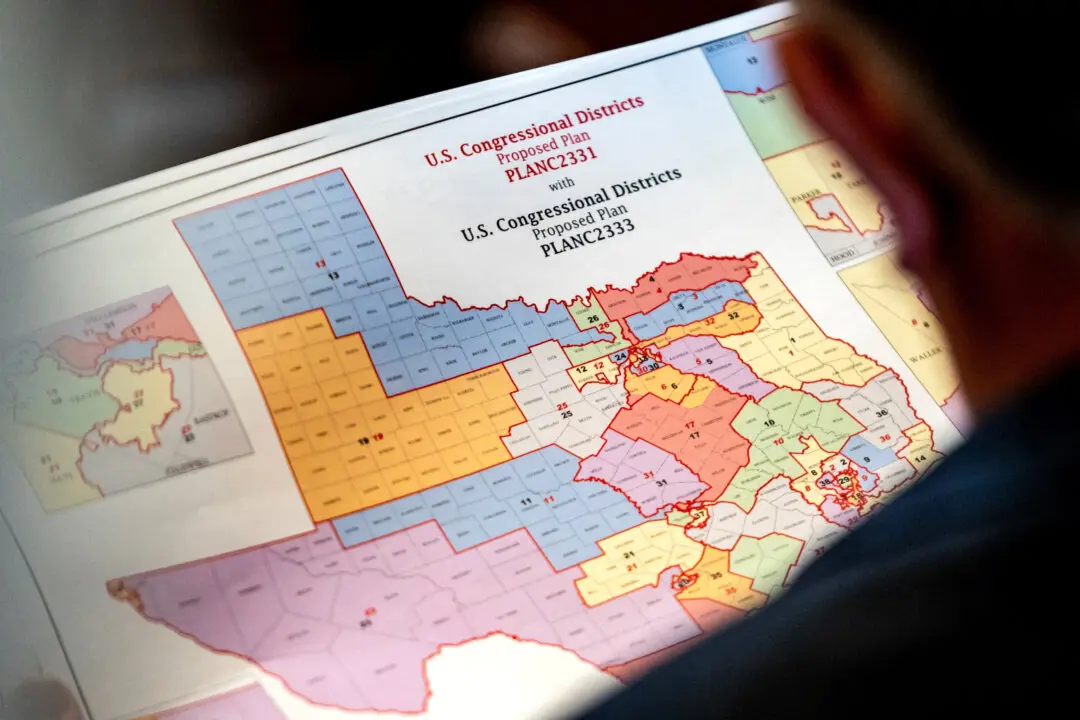Former Alaska Gov. Sarah Palin has been granted a new trial in her defamation case against The New York Times and its former opinion editor James Bennet, according to an Aug. 28 decision by the U.S. Court of Appeals for the Second Circuit.
This ruling is the latest development in Palin’s years-long legal battle, which centers on a 2017 editorial published by The NY Times that linked her political action committee to a 2011 shooting that seriously injured then-Rep. Gabby Giffords (D-Ariz.).





